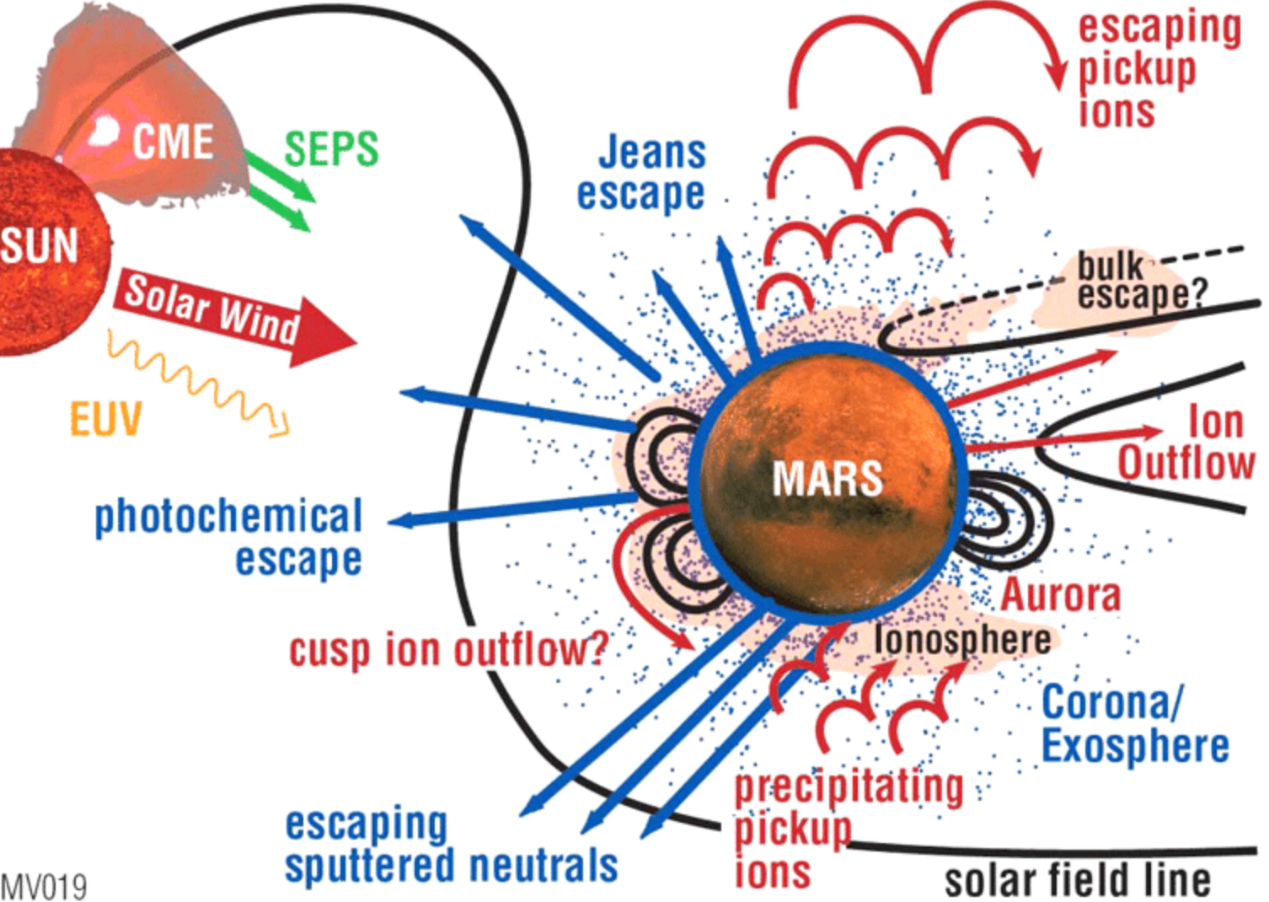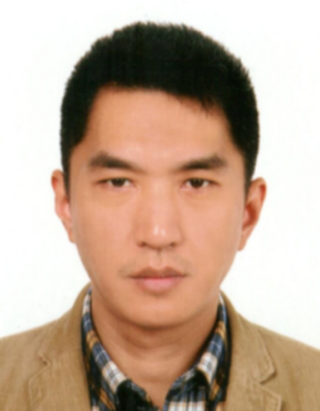Watch: Mar.9 Prof. Jun CUI: Neutral atmospheric escape on terrestrial planets: escape rates and mechanisms
Speaker: Prof. Jun CUI
Mar. 9, 2023
4 pm GMT+8

Atmospheric escape is a crucial process that controls climate evolution and habitability on various solar system terrestrial bodies. It may occur in the form of both neutrals and ions, of which the former serves as the central topic of this seminar. It is speculated that, despite the predominant role of ion escape in the early history of solar system evolution, neutral escape is extremely important in the current epoch, and plays a prevailing role under many circumstances. Over the past few years, I and my students have devoted much research efforts to understanding systematically one important category of neutral atmospheric escape, i.e., photochemically-induced escape of key components on Mars, Venus, Titan, Triton and Io. For instance, it is well-known that oxygen loss on Mars is dominated by the dissociative recombination of oxygen molecular ions in the ionosphere and the enhanced escape of hydrogen on Mars during global dust storms is closely linked to ionospheric chemistry in the presence of water vapour transported by deep convection from the lower atmosphere to sufficiently high altitudes. Meanwhile, hot oxygen atoms released from dissociative recombination may further trigger substantial escape of hydrogen and helium on both Mars and Venus, a process termed as knock-on. Through a comparative series of detailed investigation, a scenario appears to emerge demonstrating that photochemistry plays a common role in driving neutral atmospheric escape on various terrestrial bodies, thus impacting the evolution of the atmospheric composition and structure.
About the speaker
Jun Cui got his bachelor's degree from the Department of Physics, Beijing University and the PhD degree from the Department of Astronomy, University of Arizona. After working as a postdoc at the Imperial College London and a research associate at the National Astronomical Observatory and Nanjing University in China, he joined the Sun Yat-Sen University and is now the head of the Department of Space and Planetary Sciences. His main research interests are on planetary upper atmospheres and ionospheres, with nearly 200 referred publications up to now. He has been extensively involved in several planetary missions such as the Cassini-Huygens mission and China's first lunar and Mars missions. He has mentored more than 20 graduate students and more than 10 postdocs. He is also the director of the Planetary Physics Committee of the Chinese Geophysical Union, a counselor at Macau’s Science and Technology Development Fund, and an associate editor at JGR-Planets, among others.
Sign up to the ISSI-BJ Newsletter or follow us on WeChat (ISSIBJ)
to be always up-to-date and to not miss our seminars!


